SummaryAirport Rating ***** Reception of locals ***1/2 Cost: £
This is different...I've written over a hundred articles related to cities that I have visited, but this will be slightly different. And that's because, despite spending a week in Nigeria, I really didn't get to see or do very much, so it would be hard for me to either recommend places, or make a fair judgement. I've been fascinated by Nigeria ever since I was younger and watched a whole bunch of talented Nigerian footballers light up the Premier League, as well as watching the Nigerian national team shine at World Cups in the late 90s and early 2000s. This fascination grew as I began to hear more about Nigeria in the media, sometimes good (one of the world's fastest growing economies), and sometimes bad (the operation of terrorist groups like Boko Haram). I had limited interaction in the country for a number of reasons - but a week is a long time to not pick up anything, so below are some of my views. A country of two halvesNigeria is roughly split into two halves; a Muslim north, and a Christian south. But that's simplifying things. There's actually over 250 different ethnic groups in the country, although the largest 15 groups make up over 90% of the population. Nigeria is more like a multicultural empire, than a homogeneous country. It's one of the youngest countries in the world in terms of demographics, with over 90 million people under the age of 18. As one of the world's fastest growing economies, it's a regional powerhouse - but it also has the largest proportion of poverty compared to the total population of the country in the world. This makes it a strange place to be in. You can see the energy of the youth, the creative spirit and the confidence that is helping transform this country, but you can also see the absolute poverty and destitution that much of the population currently lives in. It also ranks as one of the most dangerous countries in the world for Malaria, particularly in the north where the strain of Malaria is particularly virulent. As I did in Cambodia, I took Boots Anti-Malarial Spray with maximum deet. It's basically poison on your skin, but just like Cambodia I didn't get bitten by a single mosquito. I also took sensible precautions like being as covered up as much as possible around dawn and dusk when mosquitos are most active. if you're happy taking anti-malarials, this is probably the country to take them. LagosLagos is the largest city in Nigeria, and is the largest city in sub-saharan Africa. Located on the southern coast, it's indescribably busy. a whole different level to cities like Bangkok or Ho Chi Minh. It reminded me of Rio de Janeiro in many ways, but Lagos managed to feel even more chaotic. In fact, I can only think of Hong Kong as being more intense than this. You can see how different Lagos is going to be as you head in to land at the airport. A very brown landscape with buildings packed closely together. I had no issues with airport security. Immigration was fairly smooth, but as soon as I got outside, I was surrounded by people wanting me to exchange money or offering me taxis. The heat and humidity hit me at once and it was a pretty full on experience. Lagos is split between an island and the mainland, and the drive back from the airport took us on one of the longest bridges I've ever been on. The mainland is connected to the island by three bridges, with the longest being the Third Mainland Bridge. Honestly, once you're on it, it feels like it's never ending. The hotel was on Victoria Island, on the river opposite Igbo and was a quieter part of town - but quieter in Lagos is relative. We went past a number of shanty towns, including a particularly large one on the rivers edge. While it might not be as large as the slum in Nairobi, it was just another reminder of the rampant poverty in a nation that is one of the largest economies in Africa. The port at Lagos is very busy, in fact, I think only the port at Singapore seemed busier than this. But all that traffic means pollution and the smell from the water is pretty strong - but this is a key waterway for the local economy. I've seen videos of crowded Nigerian markets, and I really wanted to visit one. During my time in Lagos, I visited Victoria Island Market, a large open market on the island. The market sells all manner of goods and we sat speaking to a seller of electronic goods, but it's always when these open markets sell meat where things get really different. Large limbs of animals are butchered in front of you, with flies everywhere but no one seemingly cares or is particularly bothered. It wasn't as sickening as the wet market in Hong Kong that I wrote about, but it's a pretty grim sight. Given there's only three bridges between the mainland the island, the traffic can be pretty intense. I still think the traffic in Nairobi was worse, but in Lagos being stuck in traffic is even more uncomfortable because the heat is a completely different level. Queues can go on for miles, and people approach cars selling all types of things. It puts everything in perspective. When I talk about being raised under the UK poverty line, I'm still first world poor. Here I saw people chasing cars at full speed trying to make sales. It was a sobering experience. Some of the best things to do in Lagos involve going to the beach, and sadly I didn't get to experience that on this trip, but there will be more opportunities. I interacted with a lot of professional locals, but the divide between the professionals and non-professionals is incredibly stark here. I'll be honest, Lagos just felt a little different to other cities, and I'll be straight, it felt less safe than most places I've visited. A colleague on my team is Nigerian and told me he doesn't go back for that very reason. Was everyone there looking to rob me? Absolutely not, but crimes like kidnapping are more common in Lagos than many other similar sized cities around the world, so you need to be careful. But I'd like to return and check it out, ideally with someone local who knows what's good. You can feel the energy of the city, and from everything that I read it has a vibrant nightlife and a lively cultural scene, I guess I just haven't had the chance to experience it yet. AbujaAfter four days in Lagos, I caught a 6am flight to Abuja, the capital city of Nigeria located in the north. Departing Lagos wasn't really an issue, although the 'queue' to get checked-in was pretty chaotic. The plane, operated by Arik Air, was new on the outside, but cramped and felt very old on the inside - so much so that a lady fainted before take-off. Nevertheless, the journey of less than an hour and was easy enough. Abuja couldn't be any more different than Lagos. As soon as I walked out the plane, a very dry heat hit me. The smell of fires on the outskirt of the city (for agriculture), chocked up my lungs. Lagos was mid 30's, Abuja was touching 40 degrees celsius. While Lagos has narrow roads filled with cars, Abuja is the opposite, very wide roads, with relatively little traffic. That shouldn't be surprising, Abuja is a new city and a planned city - one of the few in Africa. Abuja was constructed in the late 1980s, and in a country divided by ethnicity and religion, a location was found that would be neutral for all, pretty much in the heart of the country. It feels very much like a Washington DC, which is good and bad. On the positive side it's a very functional city. Straight lines and wide roads means that it is very easy to get from A to B. On the bad side it lacks the character and energy of cities that have grown up over time, and this includes Lagos. The economy of the city is driven by government departments, and they're all here. It's the political and administrative centre of Nigeria, which means things like government departments, foreign NGOs, global organisations, regulators and central banks are all here, And the layout and infrastructure of the city means everything works well, it's efficient, it's functional - it works. And perhaps that's why I didn't enjoy it so much. There just isn't much to do. Sure the restaurants are nice (Cilantro was particularly good) but other than an impressive Mosque and an impressive Church it's a sterile city, That being said there were a couple of things that I noticed. Firstly, Chinese money is strong in Nigeria, and nowhere is it more obvious than Abuja. The highway from the airport to the city has a large 'China Commerce' building on the roadside near the entrance to the city. The scale of the building is impressive and shows just how much money the Chinese are pumping into this country. The airport has also been built by China, and I'm told it was built in incredibly quick time. Those are just some of the examples of how quickly this country is changing, and how fast the economy is growing. But like I've said, it's not there yet. Even in Abuja, in the shadows of embassy buildings, the poverty is still there. People living in shacks and makeshift buildings, next to 5 star hotels. It's not a problem unique to Abuja, my trip to Washington showed me the exact same problems there. Leaving Abuja was fine as a Sikh too - no additional checks, although I did manage to sneak my salai onto the plane. I put my salari inside my suit jacket, which went through the airport scanner separately. As I went to pick it up, the security guard asked whether I had any metal in there, I replied that I didn't. He was adamant that he saw something, so he turned around to pick up a box so that my jacket would go through again. In the split second he turned around, I reached in, grabbed my salai and put it in my pocket. The jacket went through, and this time he saw nothing. Would I recommend Nigeria?I don't know. I'm likely to be returning fairly soon (Coronavirus dependant), and the longer I spend out there, the more I'll appreciate the nuances, the good and the bad. From my initial week, I think Lagos could be fun, but I think you'd have to travel with a local to really appreciate it - knowing where you can and can't go. There's a lot happening, you just have to understand the right places to go to experience it. Abuja was a little more straight forward and although I'm likely to return, it's not somewhere I would recommend because unless you're there on business, there really isn't much to do. I didn't have any issues specifically as a Sikh, but there isn't a Panjabi population here as there is in Kenya, so you will stand out - but as Sikhs we stand out pretty much everywhere we go. Comments are closed.
|
AuthorBritish Sikh, born in the Midlands, based in London, travelling the world seeing new cultures. Categories
All
|
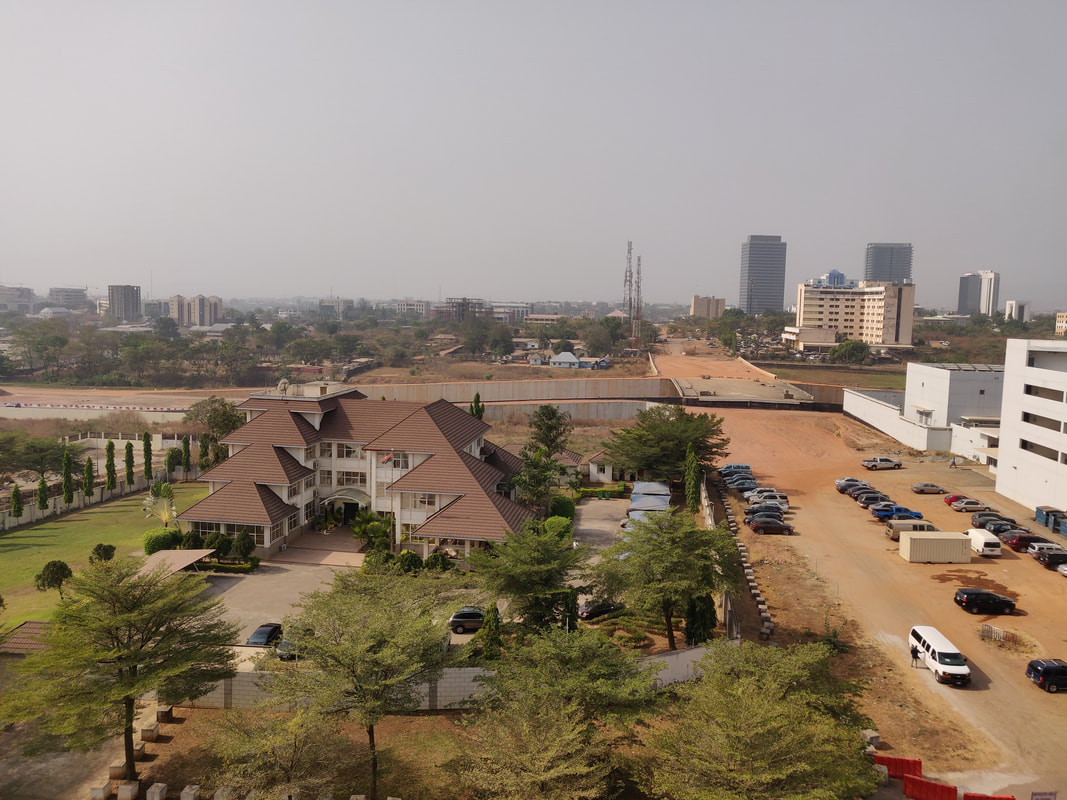
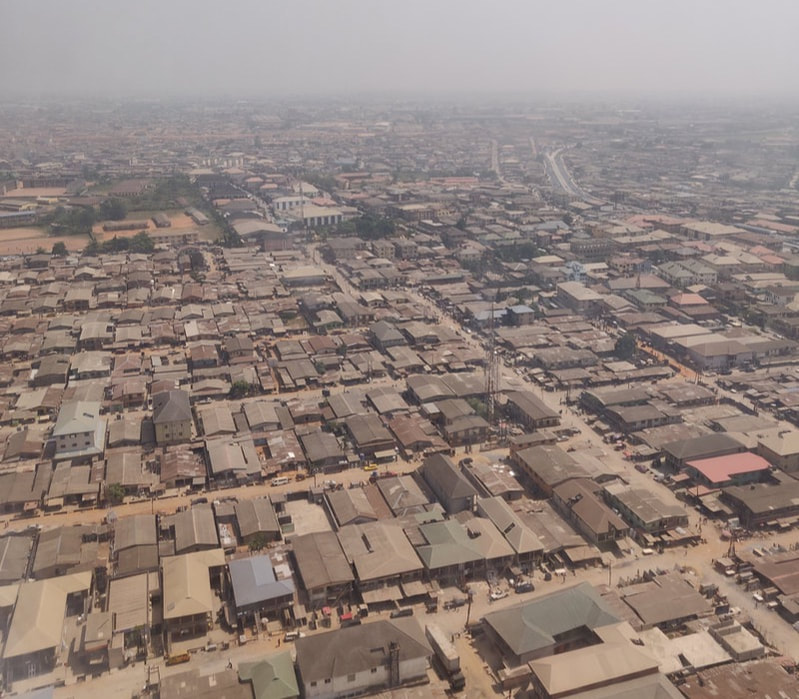
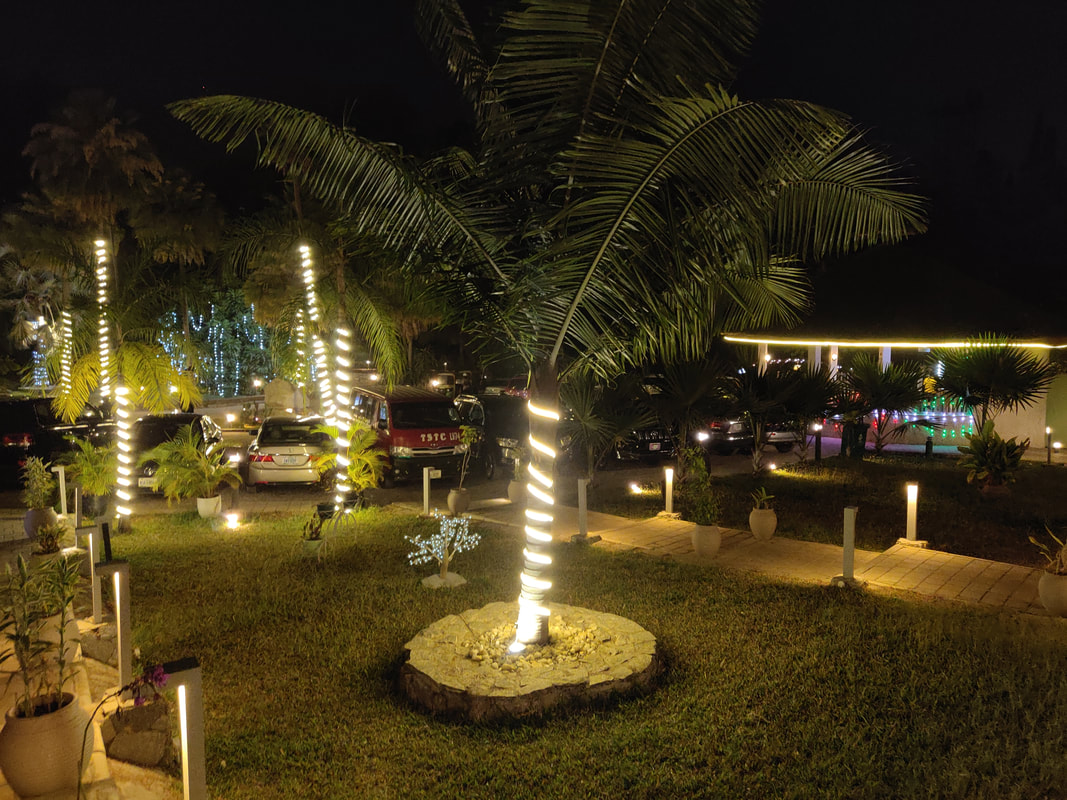
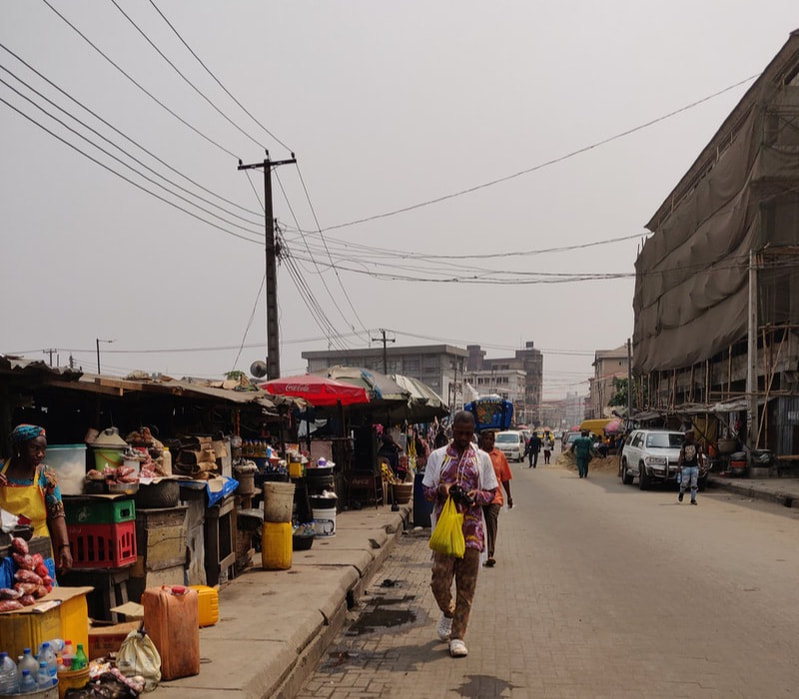
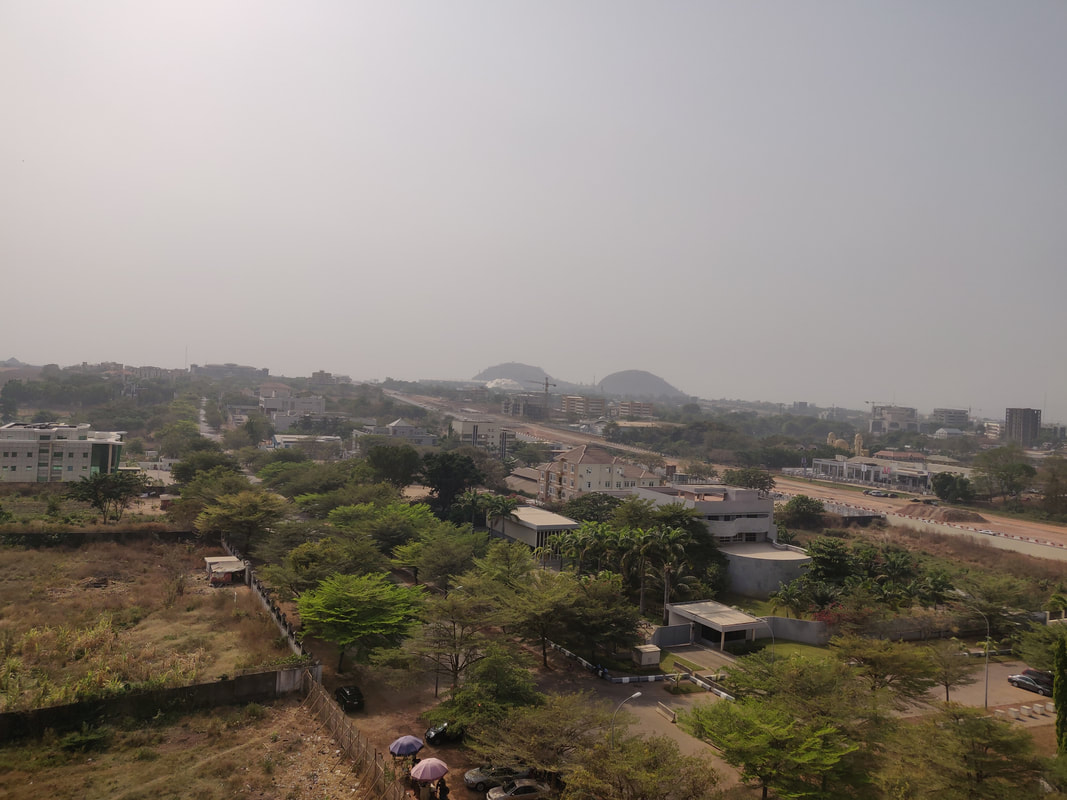
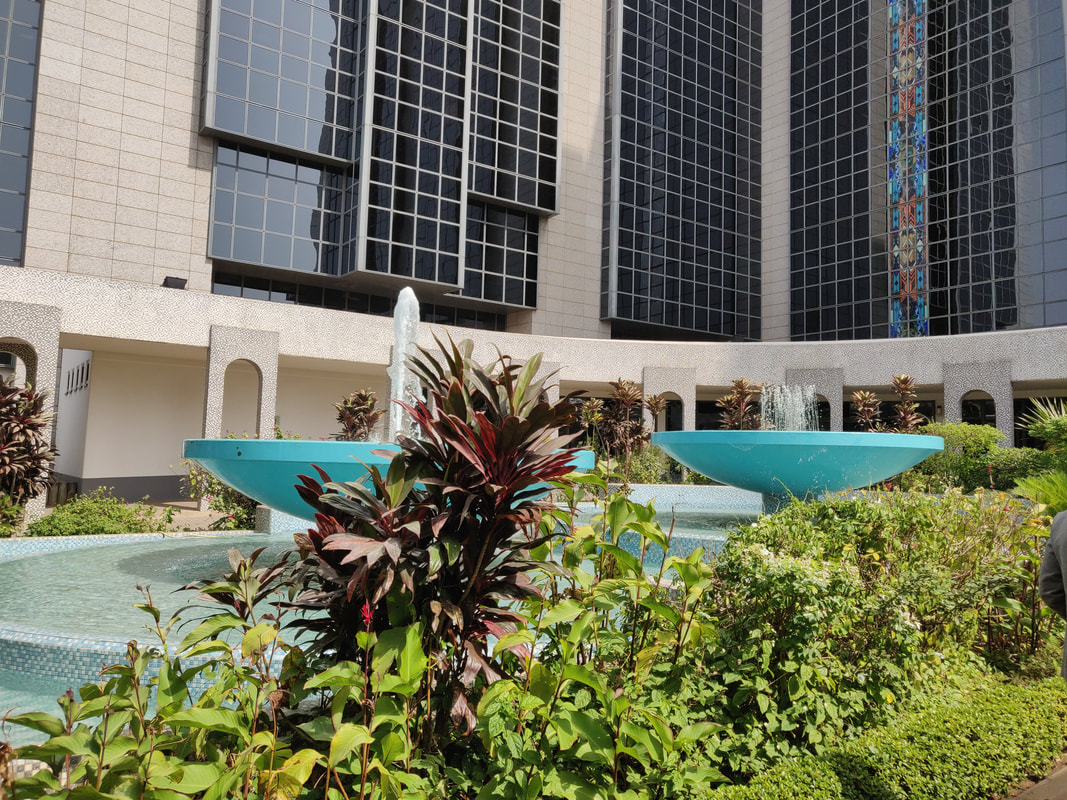
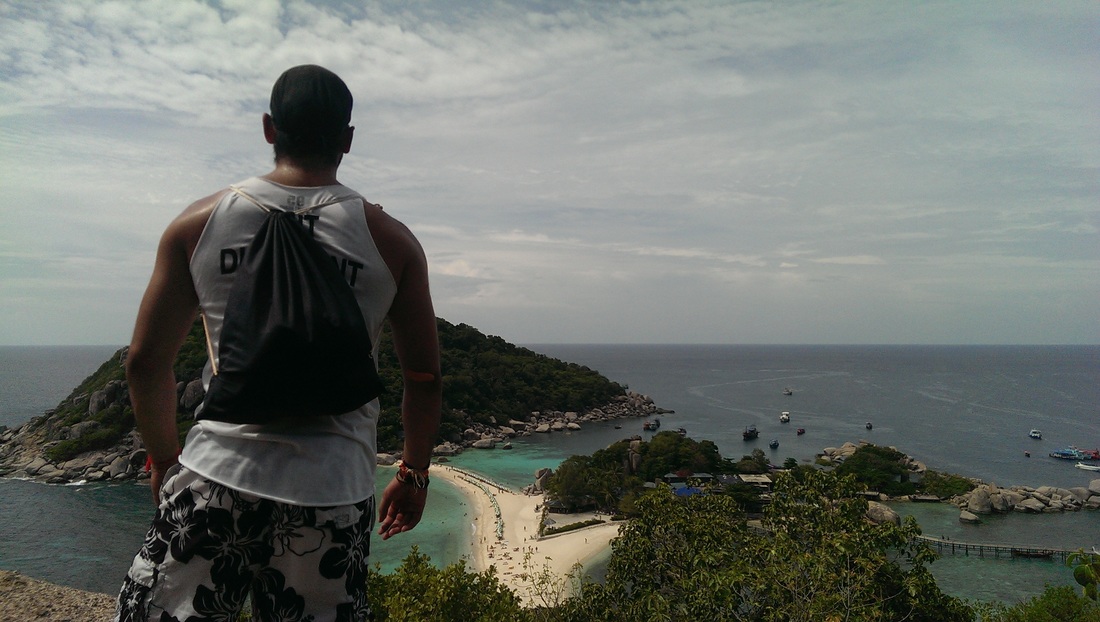
 RSS Feed
RSS Feed